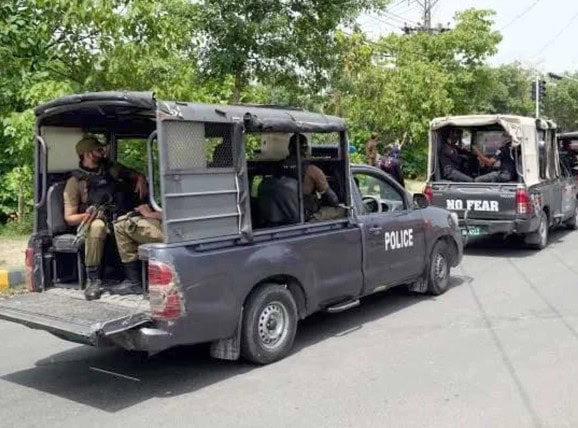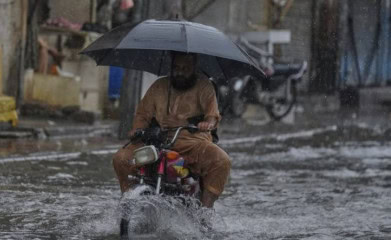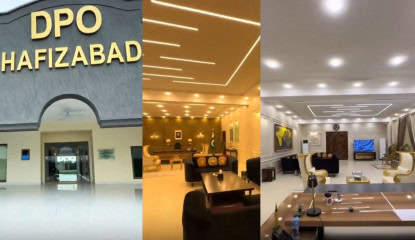LAHORE – A comprehensive draft of the Safe Punjab Act 2025 has been finalized, featuring strict measures including the preventive detention of suspected individuals for up to 90 days, aimed at strengthening law and order across the province, the sources say.
Under the direction of Punjab Chief Minister Maryam Nawaz Sharif, the provincial Home Department has taken what it calls a historic step by preparing the draft law. The legislation seeks to intensify action against disruptive elements posing threats to public peace and security.
According to the spokesperson for the Home Department, the Safe Punjab Act will support collective decision-making by provincial, divisional, and district-level intelligence committees. The law proposes granting these committees enhanced powers—including those similar to the Maintenance of Public Order (MPO)—to ensure swift and effective action.
Under the Act:
Individuals deemed a threat to public order can be detained for up to 90 days.
Their passports and national identity cards may be blocked.
Recommendations can be made to place their names on the no-fly list.
Immovable properties of such individuals may be confiscated.
Requests to freeze their bank accounts can be submitted to the federal government.
The legislation also grants authority to list members of banned organizations under the Fourth Schedule. Violating orders from intelligence committees could lead to imprisonment of 3 to 5 years and fines ranging from Rs500,000 to Rs1 million.
Any detention beyond three months must be approved by a Provincial Review Board, which will be constituted by the Chief Justice of the Lahore High Court and consist of a serving or retired high court judge as chair, along with two other judicial members.
The draft outlines the formation of intelligence, coordination, and public liaison committees at the district level. The Secretary Home Punjab will head the Provincial Intelligence Committee, which will also include the IG Police, Special Secretary Home, Additional IG Special Branch, Additional IG CTD, and representatives from federal intelligence agencies.
At the divisional level, the Divisional Commissioner will lead the committee with members such as CCPO/RPO, SP Special Branch, Divisional CTD Officer and federal intelligence representatives. The Deputy Commissioner will chair the District Intelligence Committee, along with the DPO, DSP Special Branch, District CTD Officer and federal representatives.
The intelligence committees will also be tasked with forming District Peace Committees and ensuring timely decisions and actions for maintaining the public order. They will also have the authority to confiscate hate material.
Additionally, the Act provides for the establishment of “faceless tribunals” to hear terrorism and serious crime cases. These special courts aim to protect law enforcement officials, witnesses, and tribunal judges. Retired district and sessions judges will head these tribunals.



















